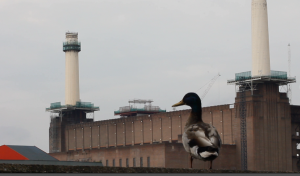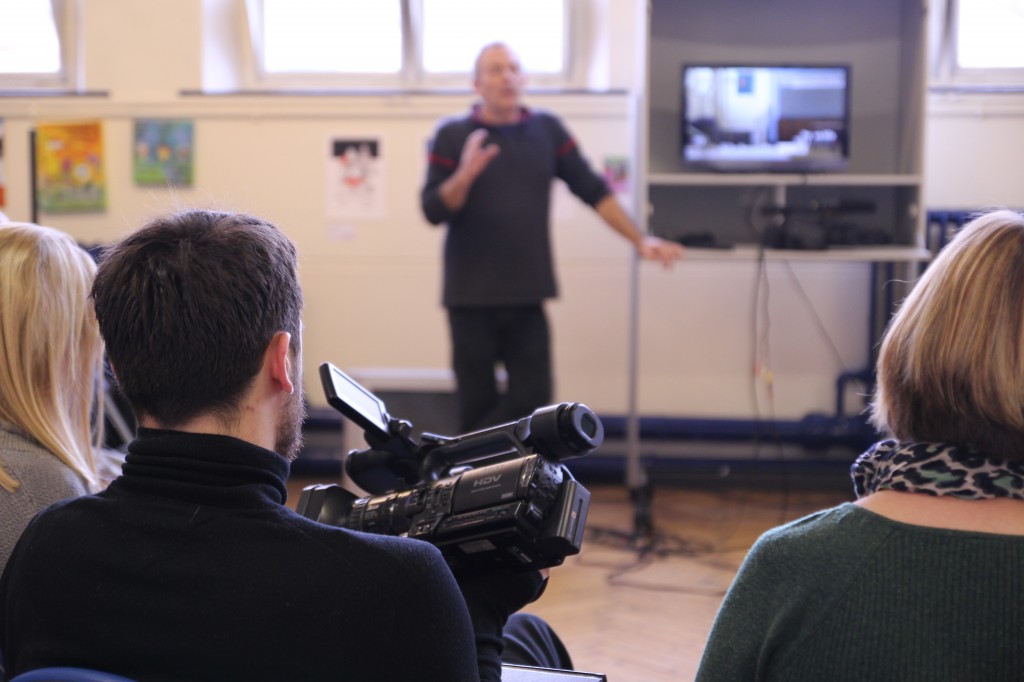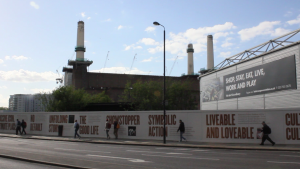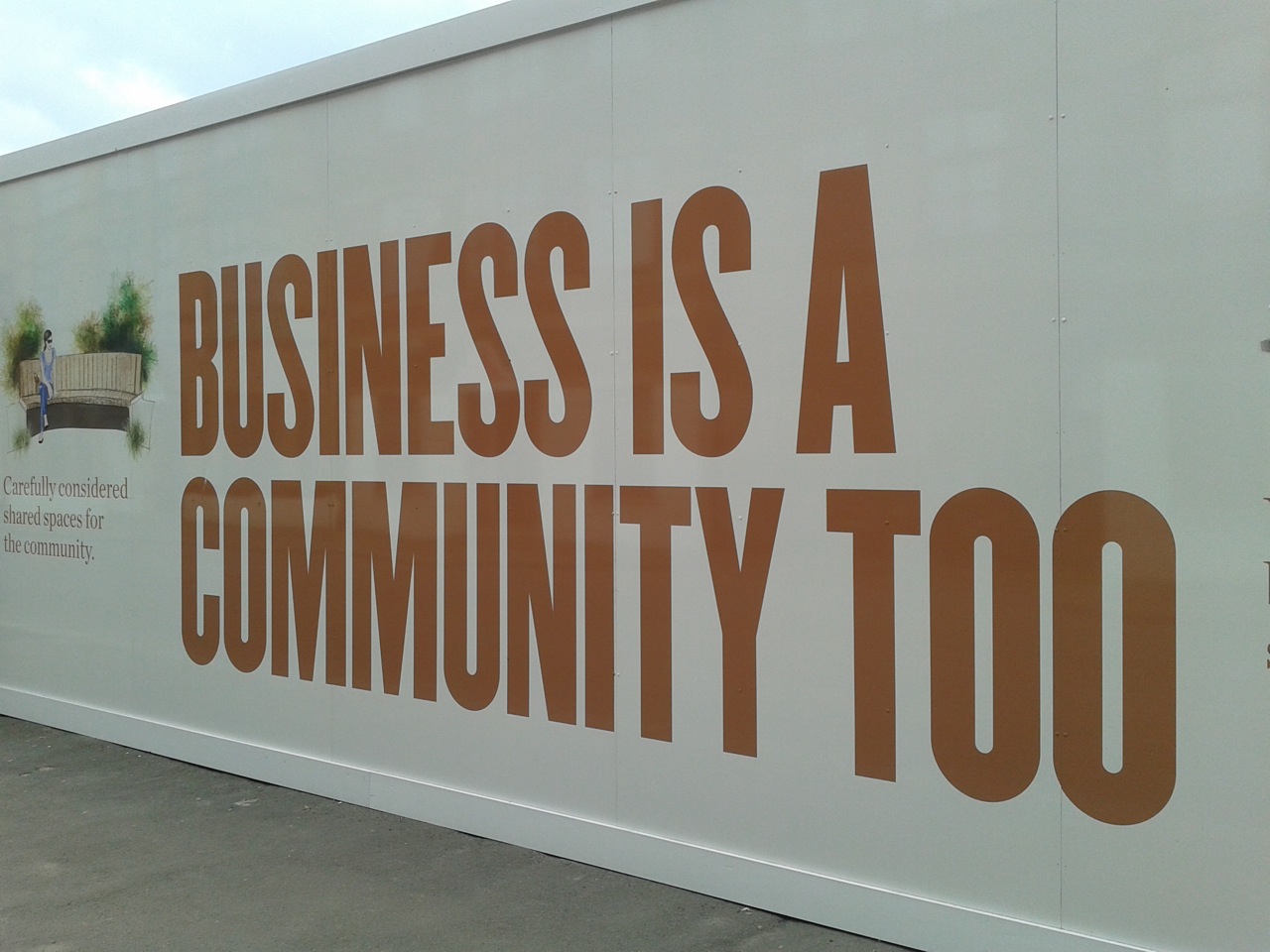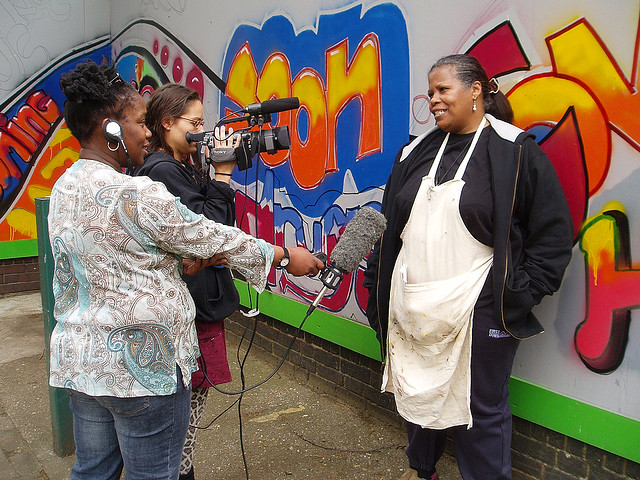
Spectacle offers a variety of different training courses. If you work for a business, start up, NGO or charity this might be your chance to learn how to use digital video for marketing purposes.
Hiring film crew or attending a training course to learn video skills can be expensive. However, Spectacle’s video marketing for the web course is affordable and can help you to boost business.
If you work for a business, start up, NGO or charity then our course could be beneficial to you, by offering advice on using digital video to advertise, target and fundraise.
By 2017, video will account for 69% of all consumer internet traffic according to a study by Cisco. Online video is quickly becoming a key means for people to satisfy information and entertainment needs, and has become the future for marketing.
Video has the biggest potential reach on the web, Youtube receiving more than 1 billion unique visitors every month. Meaning Youtube receives the second most visitors on the whole of the web, after Facebook.
We schedule courses at our premises in London regularly over the year but are also available to come and teach at institutions. The course has recently been taught at Cambridge University Press and several Borough Councils. We have received excellent feedback.
Freelance Marketer Ella gave excellent feedback and said :
I was looking for a cost effective course to extend my marketing skills to be able to offer short digital video production for my clients. As a freelancer, a lot of courses I looked at were too long, with content I didn’t need, and frankly too costly. Of course, part of me thought the Spectacle course was a suspicious bargain, but testimonials were strong and I liked how ‘real world applied’ the content looked.
I needn’t have worried. Mark has a skill to extract exactly what you need from the course and flex content to suit you. My photography skills were basic at best, and decades old, but very swiftly updated! Hands on use of high quality camcorders straightaway means that you fly out of the blocks on that, and find yourself filming around Clapham getting the feel of things very quickly indeed. By the end of day one we’d interviewed, reviewed framing, focus and exposure issues, and – most eye opening to me – got the hang of how to record broadcast quality audio. Not to give too much away, by the end of day two we were in post production…
For me, the key was Mark’s ‘mindset’ approach. So, of course, my technical skills will need hours of practice over the next few weeks, but unless your training gives you the mindset of a film maker, you might as well work your way through the manufacturer’s manual. Mark covers how to keep swapping your hats, from thinking like a sound engineer to how to capture plentiful footage that’s filmed in a away that doesn’t prompt a performance or reaction, to maintaining the story thread (and safe files) through the edit process.
On editing, I have even less background than photography. But there’s hands on time again, and most importantly a really in-depth comparison of software you can use, with differing tools and screen layouts. The same goes for kit options – there’s no pressure to buy any one brand or configuration, and Mark discusses what you’re likely to need specific to your setting. I have confidence now to choose what will suit me best, and even where to hunt for 2nd hand, which is a quantum leap from where I was
Would I recommend Spectacle? Only grudgingly – it’s my secret support system now, and I’m not sure I want to share… I shall definitely be going back.
If you are interested in booking the course visit the How to Book page.
For information on other Spectacle training courses
Or contact training@spectacle.co.uk
If you would like more information on future training opportunities at Spectacle sign up for the Training Newsletter – tick the box if you would also like Spectacle’s general newsletter.

